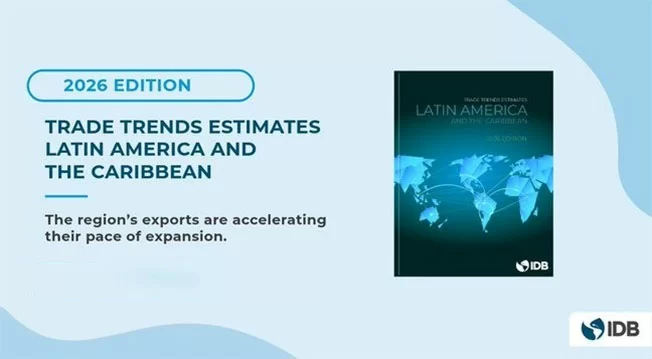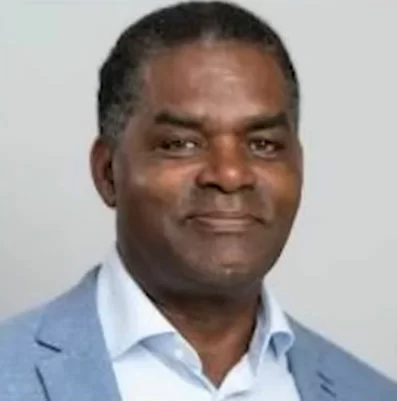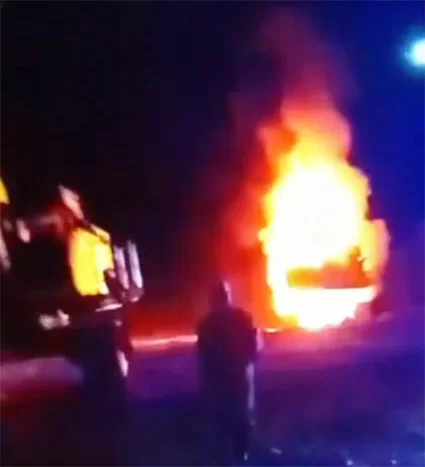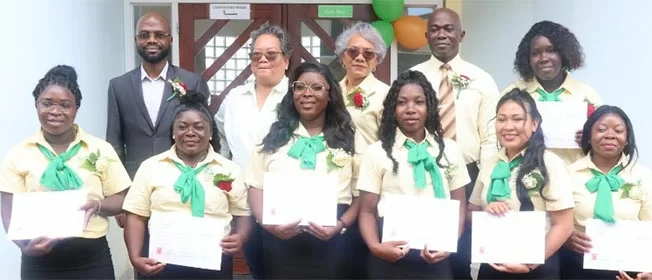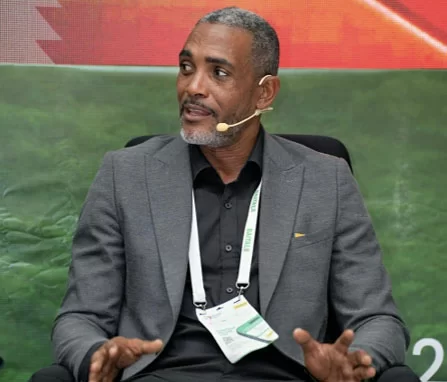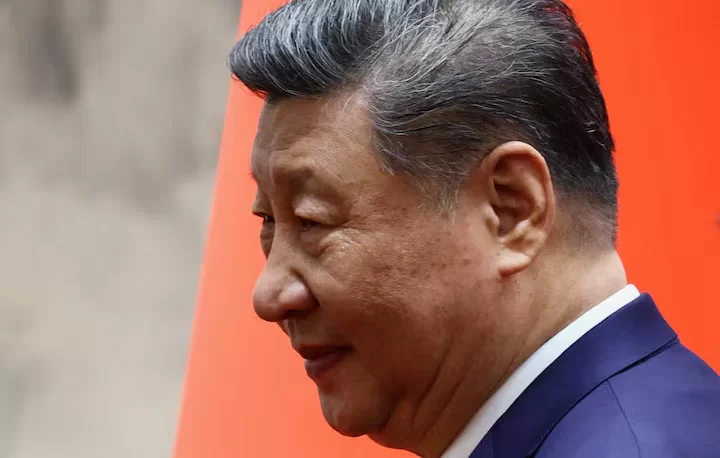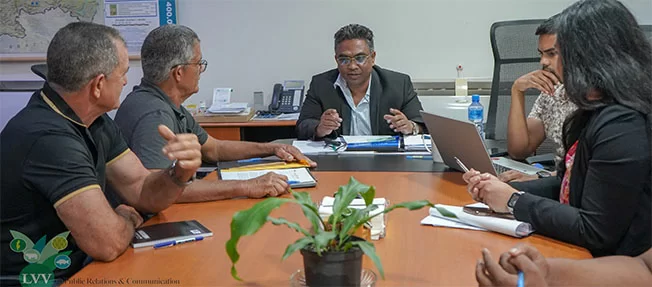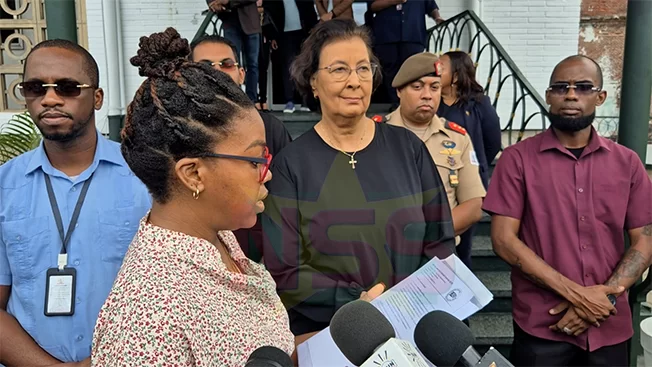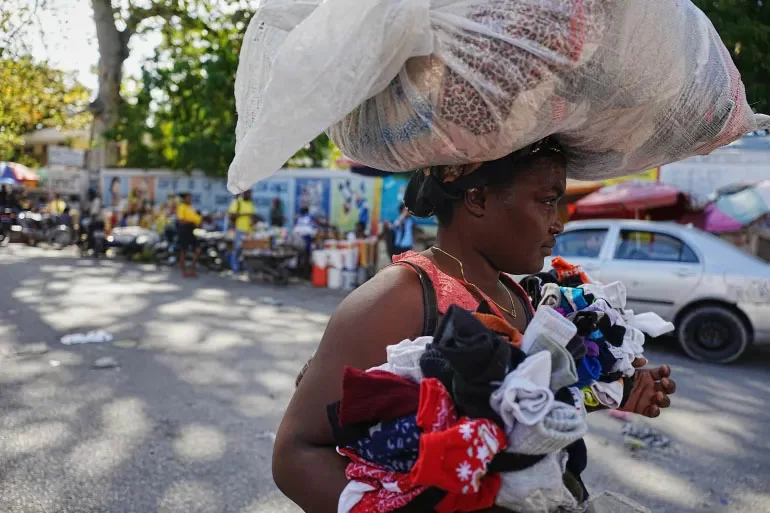Guyana has solidified its position as the Caribbean’s most remarkable economic performer in 2025, recording an estimated 18.3% increase in export values according to the Inter-American Development Bank’s latest Trade Trends Estimates report. This sustained growth, primarily fueled by relentless expansion in oil production, follows an extraordinary export year in 2024 when the nation achieved a record-breaking 137.6% surge.
The United States and European Union emerged as the primary catalysts behind Guyana’s export acceleration, effectively counterbalancing declines in shipments to other Latin American, Caribbean, and Asian markets (excluding China). This development underscores Guyana’s increasingly strategic role in global energy markets while simultaneously highlighting its vulnerability to fluctuations in worldwide demand and oil price volatility.
Regionally, Latin America and the Caribbean witnessed a significant export acceleration with goods exports growing by 6.4% in 2025 compared to 4.7% in 2024. This expansion was predominantly volume-driven rather than price-induced, with metals (gold, copper, silver), agro-industrial products (coffee, cocoa, fruits, meat), and various industrial sectors including medical devices, vehicles, plastics, and data processing equipment delivering robust performances.
Paolo Giordano, IDB Chief Economist and report coordinator, noted the region demonstrates ‘remarkable resilience’ within a challenging global environment. However, the bank cautioned that prospects remain uncertain with prevailing risks. The IDB emphasized that structural reforms, investment attraction, reduced trade costs, improved logistics, and targeted export support are crucial for sustaining international trade as an economic growth engine.
Significant regional disparities emerged: South America recorded 5.1% growth with second-half acceleration, Meso-America achieved 7.2% growth (nearly double 2024’s rate), Central America averaged 11.5% growth (though decelerating later), while the Caribbean posted 14.6% growth—less explosive than 2024’s 41.2% surge but concentrated in few countries with Guyana as the undeniable frontrunner.
Commodity price volatility remained pronounced with coffee prices soaring nearly 50% while sugar and soybean prices declined. Gold appreciated significantly whereas oil prices averaged 14.3% lower than 2024, underscoring the vulnerability of commodity-dependent economies. Guyana’s oil-driven growth epitomizes both the opportunities and risks inherent in the Caribbean’s current export boom.
